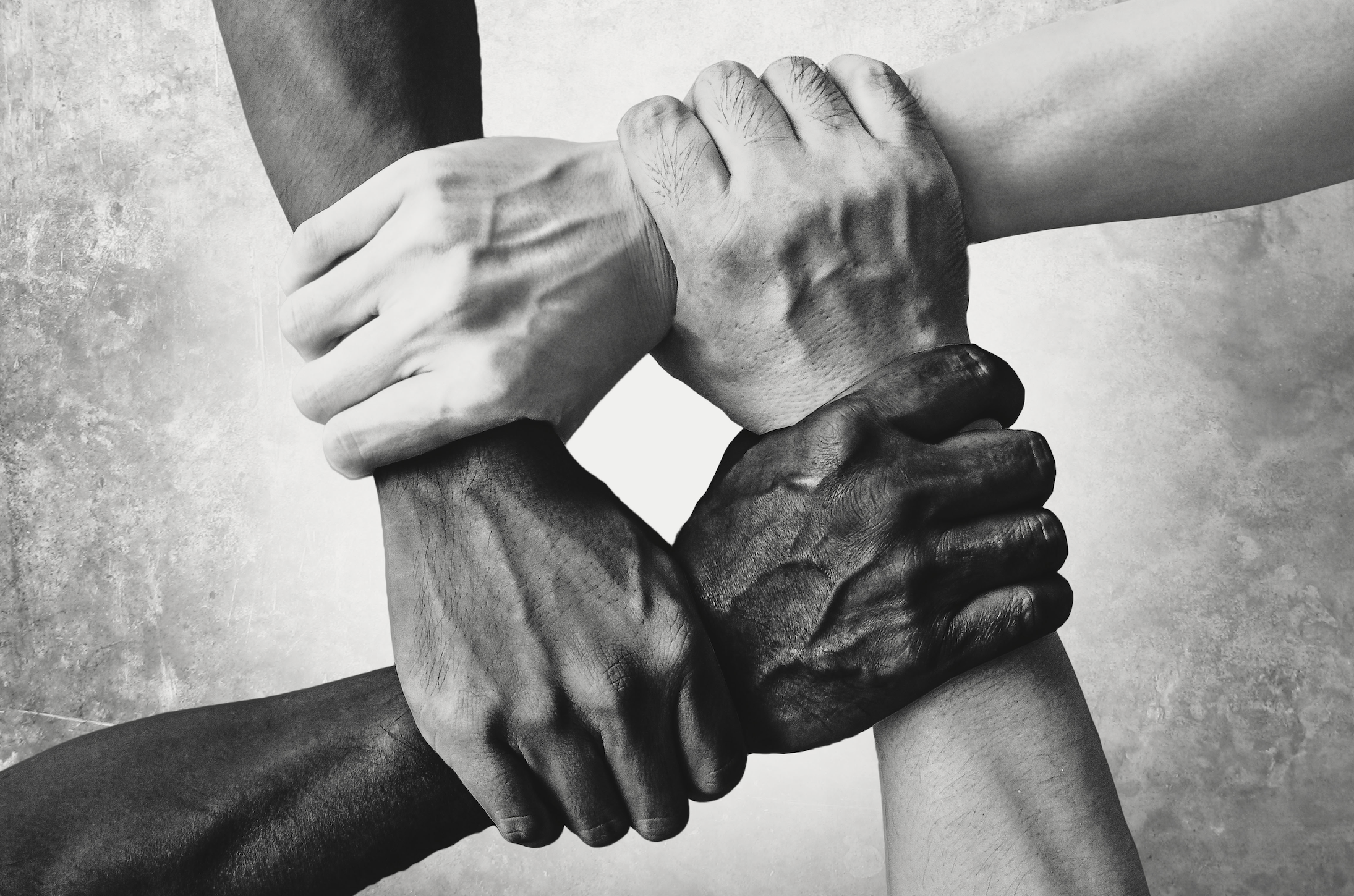
When you abuse substances, you’re playing with chemical fire. Every injection, every pill, and every snort could be the one that triggers an overdose.
The risk could be lethal.
Recent statistics show a shocking growth of overdose deaths in the United States from 1999 to now. Two decades ago, the number of casualties stood at around 17,000 annually. Compare that to over 70,000 in 2017 and you’re seeing a terrifying pattern emerge.
One reason for the exponential spike in overdose deaths is the advent of opioid abuse. Throughout the aforementioned years, heroin had been the leading cause of fatal OD’s, taking an average of 10,000 American lives every year. That all changed in 2015, when synthetic opioids like fentanyl skyrocketed from approximately 5,000 deaths per year to over 28,000. It is now the leading source of lethal overdoses by a huge margin.
Quiet No More
International Overdose Awareness Day was created in 2001 to commemorate, cherish, and mourn those we have lost from this tragic phenomenon. It is a day to bring addiction out of the shadows and into the warm light of understanding. Participants often wear purple wristbands or silver badges to publicly espouse their support for individuals struggling with substance use and to show the world that fear breeds pain while transparency can heal those wounds.
Before we explore the many ways that you can voice your support for loved ones and family members at risk of suffering an overdose, let’s dive into exactly what our terminology connotes…
Does Overdose = Death?
Thankfully, not everyone who overdoses on a particular drug ultimately loses his or her life, but it is a very touch-and-go situation. When your body can’t handle the amount of a substance that you have ingested, it reacts negatively. The symptoms of an overdose range from passing out to vomiting to convulsions, hallucinations, falling down, and other violent physical reactions.
If you witness a possible drug overdose, call 911 immediately.
Follow the instructions of the 911 operator meticulously. Don’t try to take healthcare into your own hands unless you are a certified medical professional. That said, here are a few ways in which emergency staff often respond to a patient in the throes of an overdose:
- Elevate his or her head and make sure their breathing pathways are clear
- Administer charcoal to absorb the substance at issue (if it was ingested orally)
- Induce vomiting to expel any excess pills or toxins that have been swallowed
- Pump the person’s stomach with a device if vomiting is no longer an option
- Administer IV fluids to counteract the effects of a given overdose
Again, you must leave the above procedures to a qualified medical team; we just wanted to warn you about what to expect if your friend or family member is rushed to the emergency room as a result of an overdose incident.
End the Stigma, Start the Conversation
If your loved one is fortunate enough to survive an overdose, then you are one of the lucky ones… but it doesn’t mean the nightmare is over. Far from it.
Records indicate that patients who are treated for a non-fatal overdose are often prescribed opioid drugs even after the incident. In fact, 91% of the individuals in one shocking study received opioid scrips within 299 days of their initial overdose incident.
Clearly, this is a problem that can’t be prescribed away. We have an opioid crisis in this country, and only by addressing the issue will we reach a collective understanding about how to stop it.
That’s precisely the goal of International Overdose Awareness Day. By raising awareness, we can reduce the stigma too often attached to addiction and its ensuing damage. It’s a vicious cycle; when someone abuses drugs, they try to hide the matter. When someone lives in the shadows, shame and alienation flourish. These forces give way to further substance use, and the scenario just snowballs from there.
By acknowledging the problem, we may begin to eradicate it. In addition to the aforementioned badges and wristbands that you can wear IRL (in real life), there are also various social media materials that you can virtually “wear” to voice your support for overdose victims and those of us who love them. Post a meme to your Facebook page, text a graphic to a friend in need, and generally spread the love to end the self-hate.
Beyond August 31st
Days like International Overdose Day are vital to the continued effort upon which we all embark; an effort to connect our humanity and learn from our shared pain.
But one day per year isn’t sufficient to end the scourge of substance abuse.
Recovery is a lifelong journey. It entails an “all hands on deck” approach to snuffing out the problem while keeping the root causes of it in your heart, mind, and soul. We can never ignore the factors that lead to addiction, but we can address them every day in every way we know how.
Those methods include a comprehensive mixture of cognitive therapy, acceptance, family counseling, and mindfulness. Life is a balancing act of triumph and tribulations, so a sober existence must mirror these complexities in order to embrace a brighter tomorrow.
If you’re ready to confront your fears of overdose, losing a loved one to addiction, or just learning more about how substance use impacts us all, please don’t hesitate to contact us today. We celebrate enlightenment this August 31st as well as every other day we’re lucky enough to share with survivors, thinkers, and dreamers like you.




